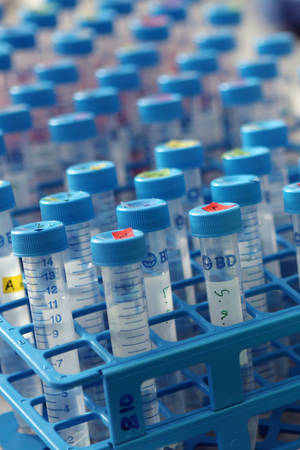
Investigate aquatic ecosystems. WasserCluster Lunz pursues basic and applied research on aquatic ecosystems – including aquatic microbial ecology, aquatic food chain research, biogeochemistry, ecotoxicology, restoration ecology, and the management of streams, rivers, and lakes. Our researchers work at the highest level on current questions of aquatic ecosystem research, such as questions of climate change, diversity research, water resource management, or the restoration of waters.
Developing innovative research. Besides conducting field research, we focus on developing innovative experimental laboratory research and specific outdoor constructions. WasserCluster Lunz combines scientific expertise with modern technology to facilitate innovative research for the conservation and sustainable use of aquatic resources. For this, our house provides ten laboratories equipped with state-of-the-art instruments.
Five working groups. In our research center, the teams of five working groups work together. Working group SCIFISH focuses on fish ecology, invasion biology, and eco-evolutionary dynamics. Whereas sustainable management of floodplains is a main interest of FLUVICHEM. The carbon cycle and microbial ecology in fresh waters are a main research topic of CARBOCROBE. Aquatic food chains are the focus of the working group LIPTOX, and the key interest of a new working group, which will be active from January 2026, is on the molecular ecology of aquatic ecosystems.



